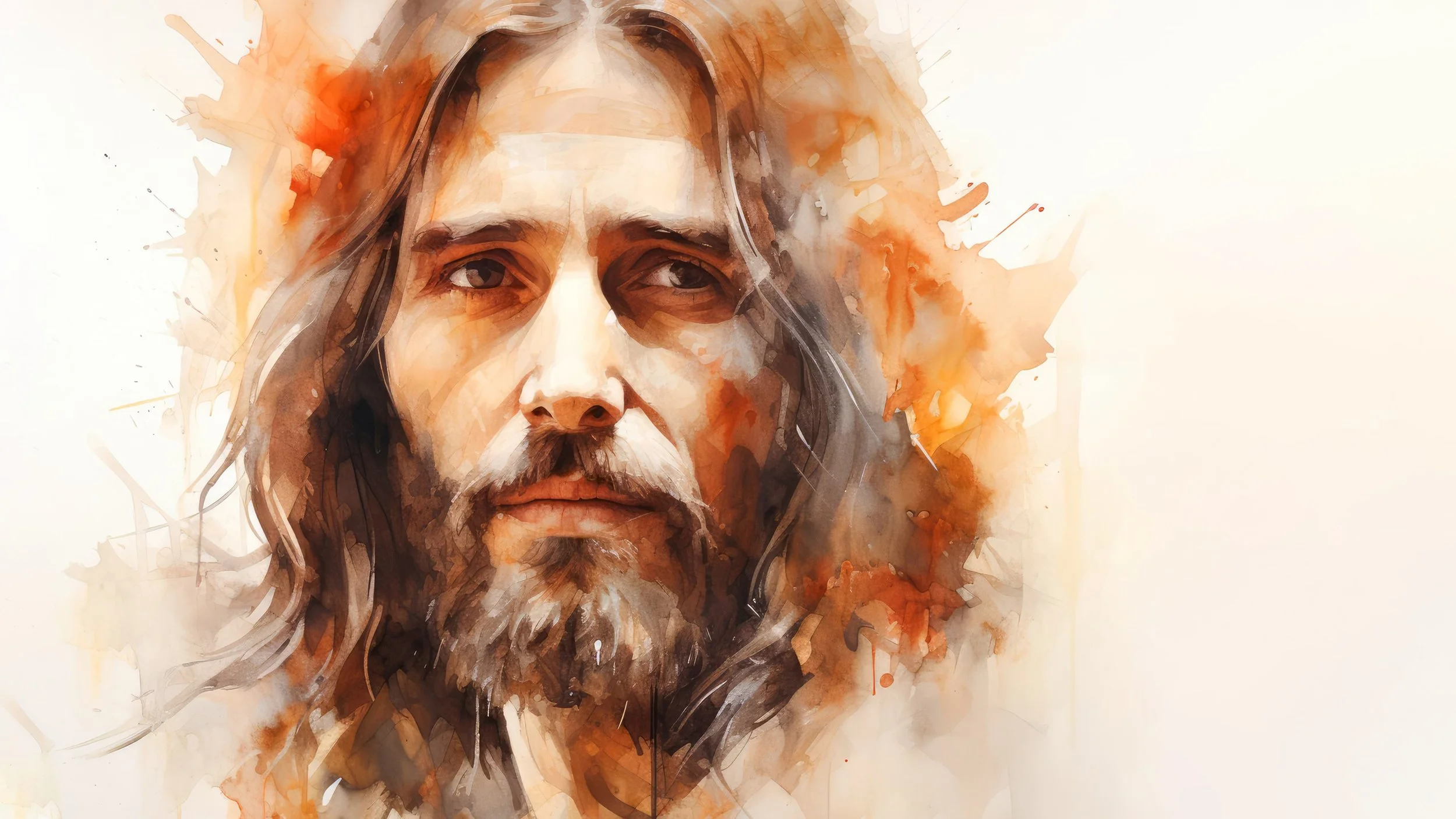If you would prefer to listen to this post as a podcast,CLICK HERE.
* * * * *
There is no such thing as a perfect church. That statement does not come as a shock to any of us, whether we are a part of a church … or not. However, i do believe that those of us inside the church often tend to want everyone to believe we have it all together. We have a tendency to hide the “real me” behind a mask and cover up the things, the hurts, the doubts, and the imperfections that we don’t want anyone else to see. (It’s similar to the way most of us – believers and non-believers alike – tend to portray ourselves on social media.)
i also believe that those outside the church often project that false impression – that we think we’re perfect – upon the church, and enjoy highlighting the downfall of those within the church when they fall.
No, the church isn’t perfect, but then again, it never has been! But we endeavor to worship, follow, and follow the example of the only One who is and ever was perfect.









